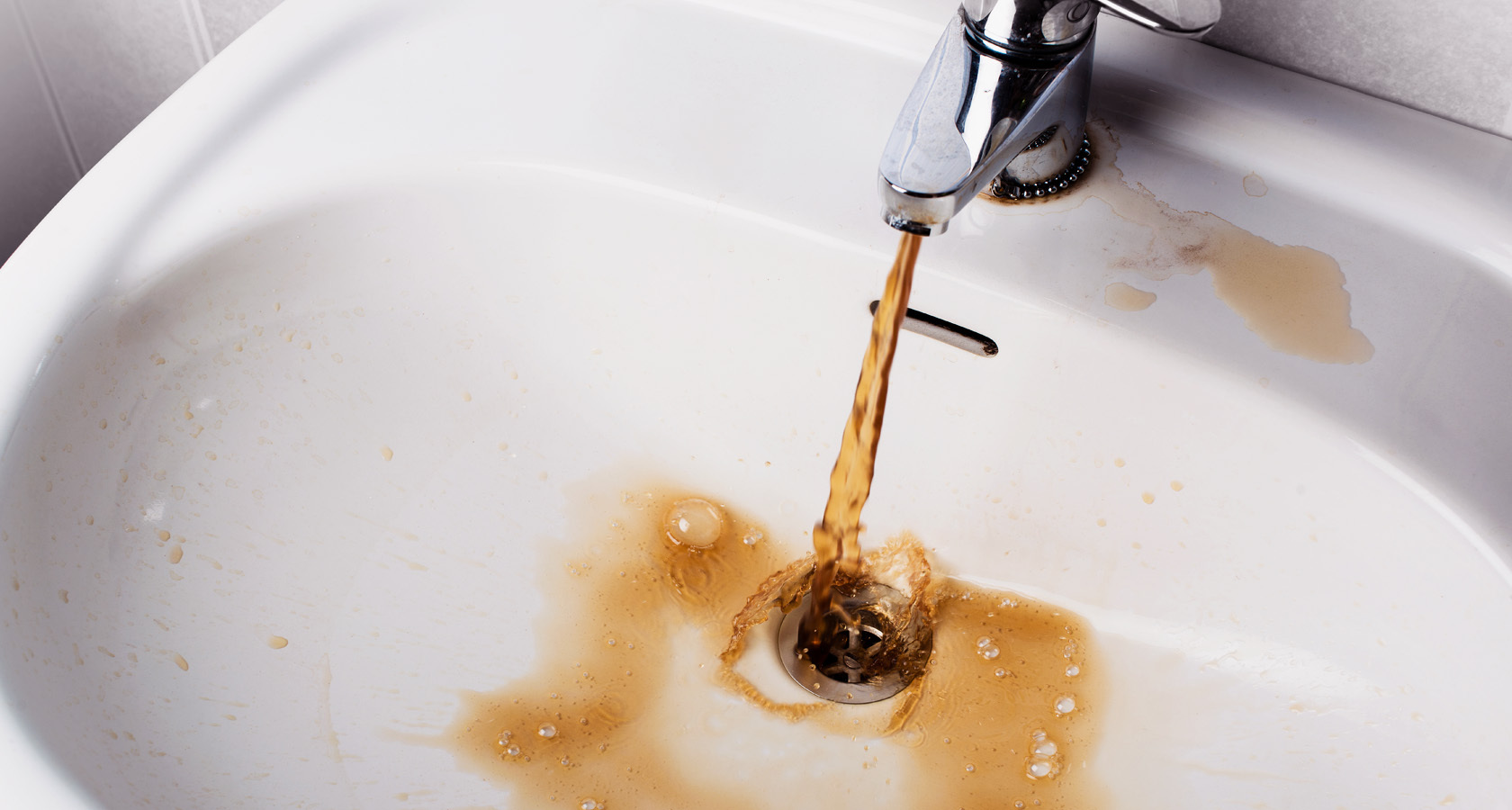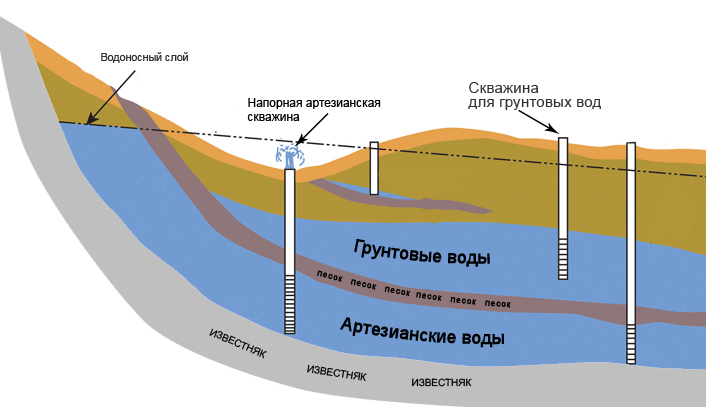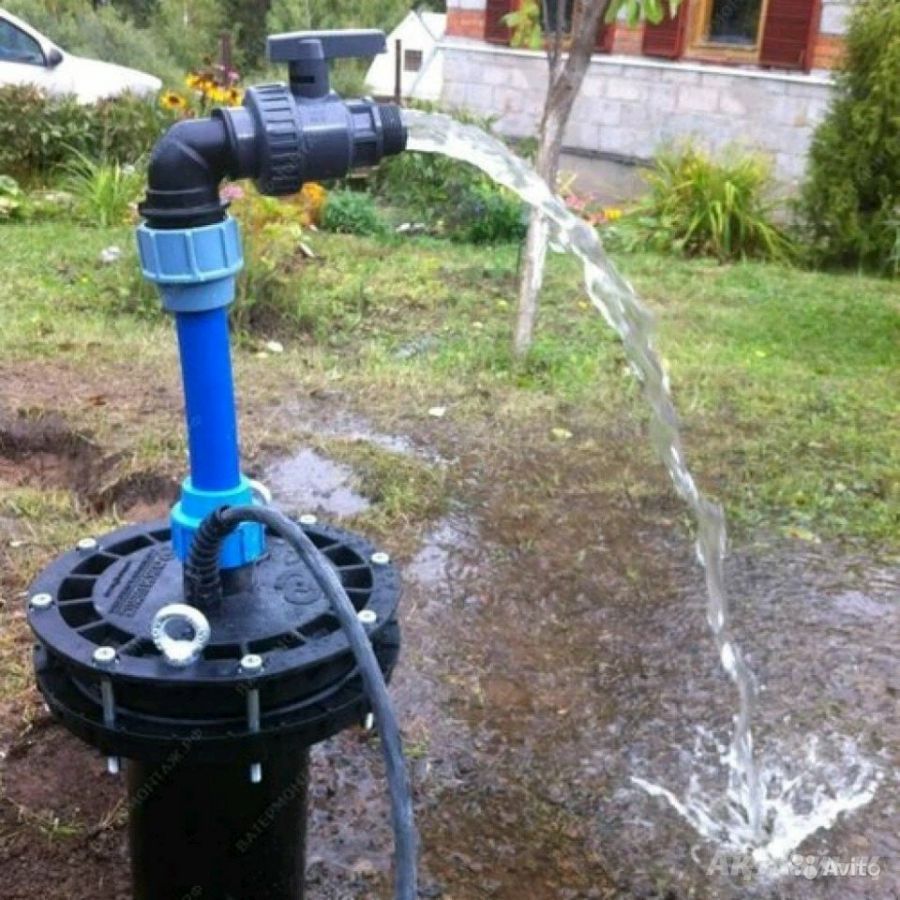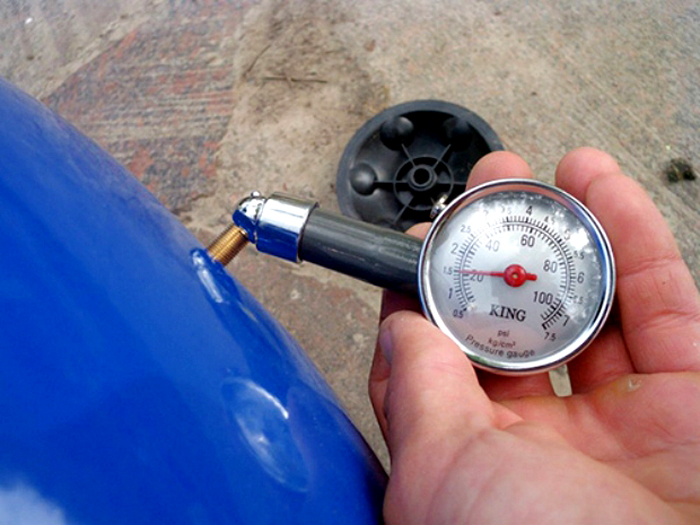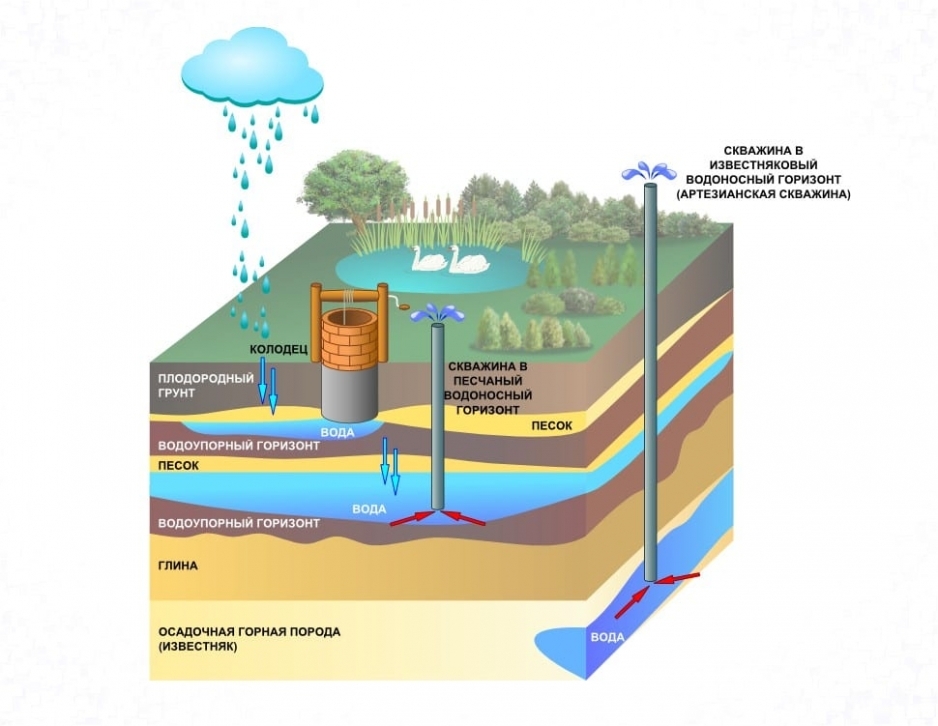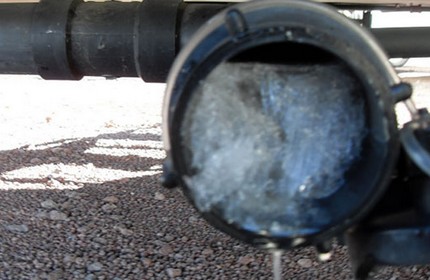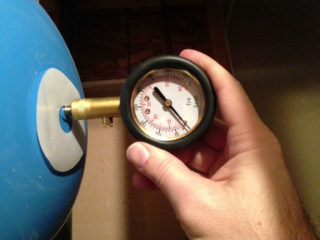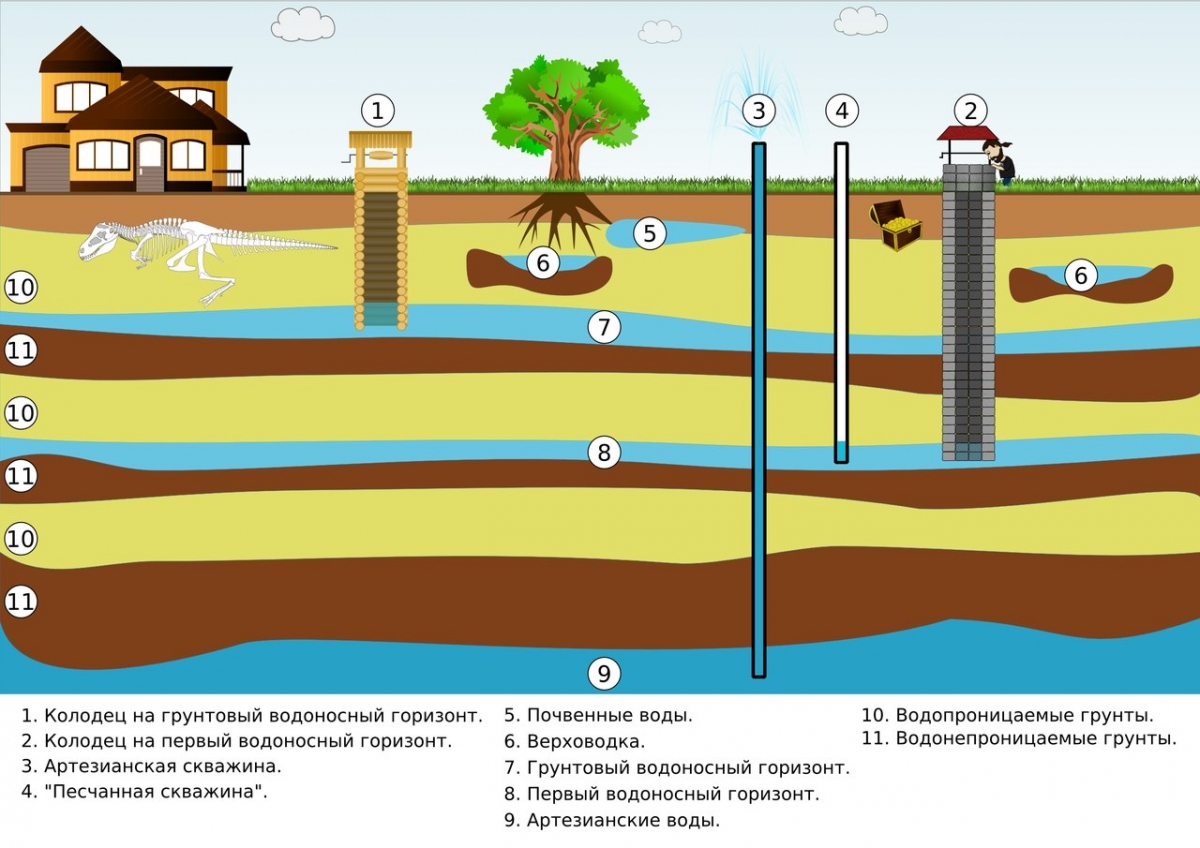One of the malfunctions that occurs in the water supply system is a blockage in the pipe. A decrease in head is a symptom of a problem. A thin stream of water flows from the tap, there is not enough pressure for the shower to work. With prolonged use, plaque accumulates in communications. Cleaning of water pipes from deposits is carried out mechanically and chemically. For hot water lines, the use of ultrasound is recommended.
The main causes of pipe clogging
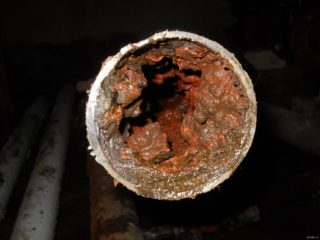
In old multi-storey buildings, water supply systems have been functioning for decades. During this period, deposits appear on the inner walls of the pipes. Plaque covers not only them, but also details of mixers, valves. Common causes of blockage:
- Mistakes of the installers in the pipeline.
- High content of salts, minerals, slag, scale in the supplied water.
- Long-term operation of the system without maintenance, no filters.
The amount of deposits depends on the pipeline material and the chemical composition of the fluid supplied. Metal pipes are most susceptible to deposits. Corrosion products, consisting of iron oxides, appear on their inner surface. The growths can fill up to 50-70% of the pipeline diameter. The plastic lines are smooth, but they become lime-scale over time.
What appears on the walls of the pipeline and mixers:
- rust;
- deposits of mineral particles;
- dissolved metal salts;
- biological fouling.
Signs of deposits
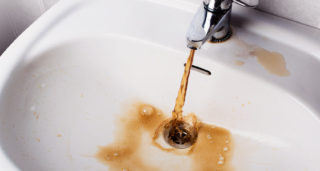
Rust deposits change the color and taste of the water. The liquid becomes reddish, an iron taste appears. Sediments with a mineral or biological structure also result in turbidity in the stream. The main sign of plaque formation is a decrease in water pressure. Apartment residents should ask their neighbors about the state of their water supply. If the rest of the system is working properly, there is a blockage in the section of the line.
Cons of overgrowing the water supply:
- the pressure and design water consumption decreases;
- a suspension of fine particles appears in the water;
- the surface of the highway is destroyed;
- chlorine quickly disappears, the degree of disinfection decreases;
- the work of shut-off valves is disrupted.
If there is significant sediment formation in the old line, it is best to replace the pipes. After long-term use, their surface is severely damaged by corrosion, deposits will appear very quickly. In new water pipes, it is enough to clean the cold water pipe in the apartment without replacing it.
Effective cleaning methods
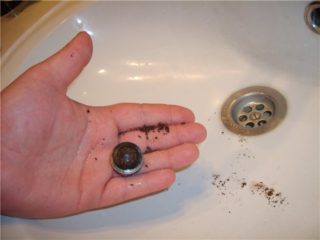
The blockage needs to be removed as soon as possible. Cleaning water pipes from the inside at home is usually easy. The cold and hot water lines periodically need flushing. Most often, plaque appears in the following areas:
- Filters - nets for capturing large particles are installed at the entrance to the apartment, in front of counters, mixers. They clog at different rates depending on the quality of the fluid. The filters are easy to clean by simply rinsing with water. Complex deposits and rust are removed with an acid solution.
- Curved pipe sections where foreign inclusions settle.
- Taps and mixers - layers appear on the interior of the structure.
- Joints - rust particles or sand cling to roughness.
Lime sediment on the elements of the hot water supply system leads to a drop in the temperature of the coolant. The energy consumption for heating increases. Lime deposits are extremely hard and difficult to remove. Hot water pipes are cleaned using chemical reagents and mechanical devices. The most effective is the effect on the plaque of ultrasound and electromagnetic waves.
Cleaning methods differ in the speed and effectiveness of the action. They are chosen based on the degree and nature of the blockage.
Mechanical
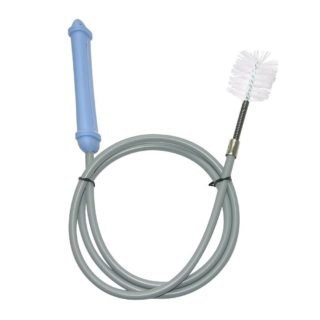
The build-up and blockages inside the pipes are removed using mechanical tools. One of them is a plumbing cable. The device is made of metal wire and has a handle for rotating. It is used to clean water pipes from stones, sand, lime deposits. The device nozzle is selected according to the diameter of the line. Before starting work, shut off the water. Access to the inside of the pipeline is carried out through the removed valve. The cable is advanced in a rotational motion. The removed layers are washed after opening the valves. You can make the device yourself. A flexible, strong wire is required. At one end, a loop is constructed, and at the other, a handle for rotation.
An easy way to remove rust from water pipes is to knock on them with a hammer. Before tapping, open the tap completely. The oxide will leave the system with a stream of water. The blows must be careful not to damage the metal.
An effective method is hydraulic flushing. This is a laborious process that requires dismantling the clogged area. The pipe is cleaned with a jet of water supplied under pressure. In an apartment, it will be difficult to carry out the procedure on your own.
Chemical
Dissolve hard limescale deposits with an acid. In everyday life, acetic or citric acid is used. The sediment on the water pipes is removed with special cleaning agents. They are sold at hardware stores. The drug is poured into the system, blocking access to household appliances. The solution is left for 1-2 hours, according to the instructions for use. Then the pipeline is flushed with water by opening the taps. To protect yourself from chemical residues, you need to drain the water for 30-40 minutes. The method is costly and risky. When choosing chemicals, the pipe material is taken into account. Strong acid (hydrochloric acid, phosphoric acid) can corrode plastic. When working with chemicals, it is important to observe safety precautions.
Ultrasound
Ultrasonic waves have a destructive effect on any deposits. They remove scale more effectively than chemical reagents. Re-deposition of calcium salts is prevented under the influence of the devices. Ultrasound induces structural changes in chemical compounds in a liquid.
If the tenants of the apartment do not rely on their own strength in performing plumbing work, it is better for them to contact a special service. In every city there are companies involved in cleaning water supply and sewerage systems.
Preventive measures
Without regular maintenance, the pipeline wears out quickly. Lime deposits not only reduce the water pressure, but also negatively affect the metal. It rusts faster under the layer of plaque, a leak appears. Preventive measures include installing a coarse filter. It is placed at the entrance, before the counter.
The part is a fine mesh cylinder. Filter material - stainless steel. The mesh traps coarse debris and rust particles. It is screwed into the cork flange. When the water quality is poor, the cylinder clogs up quickly. Regular cleaning of the filter is required, otherwise the pressure will decrease. To prevent limescale build-up, the use of softener filters is recommended.

